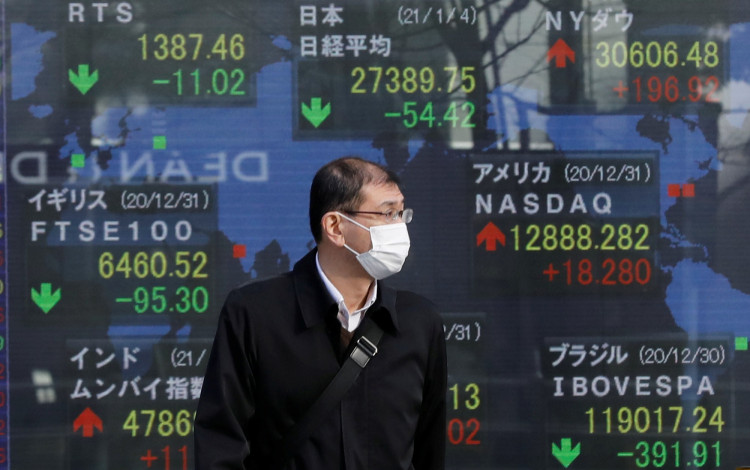Through trading connections with Hong Kong, foreign investors sold a record net 17.9 billion yuan ($3.5 billion) worth of mainland shares on Monday, turning the year-to-date number into a little net outflow. It would be the first annual decline since the stock connect program's start in 2014 if this holds through the end of the year.
Following the twice-decadent political event in the country, panic selling struck the markets on Monday, sending the Hang Seng China Enterprises Index to its lowest point since the 2008 financial crisis. Tuesday morning saw a continuation of the sell-off, with the index, a measure of Chinese companies listed in Hong Kong, dropping 0.7% as of 10:09 am local time, adding to Monday's 7.3% decline.
As worries over a lack of supportive policies from the Communist Party Congress and a reinvigorated Zero-COVID campaign frighten markets, foreign investors are on track to become sellers of Chinese stocks for the first time ever for the year.
On Tuesday morning, the benchmark CSI 300 Index in China shed another 0.8%, while the Hang Seng Index in Hong Kong dropped 1.9%. The decline stands in contrast to the strong performance of the world's markets, with Monday's closing stock prices in the US and Europe rising. With the anticipation that the leadership reshuffle would bring about the continuance of important measures like Covid-19-zero, President Xi Jinping's consolidation of power is considered a significant concern.
Investors are currently anticipating if the new leadership will be able to provide crucial stimulus to stop additional losses. The Politburo meeting and the Central Economic Work Conference, two economic conferences later this year, will be intensively scrutinized for such programs. From Hong Kong to London and New York, the massive sell-off in Chinese assets on Monday made front-page news. However, the route was as if it never happened to the Chinese state media.
As traders begin to doubt China's prospects for economic growth, which are constrained by rigorous financial restrictions and the severely damaged real estate market, bears on the country are becoming more and more prevalent. Despite the country publishing better-than-expected third-quarter gross domestic product numbers, the benchmark CSI 300 Index fell 2.9% on Monday amid the general sell-off.
The majority of the front pages of the nation's top financial publications were instead devoted to official news pieces about President Xi. On the fourth page of The Shanghai Securities News, there was a brief article about domestic equities dropping without any explanation. On Tuesday morning's top 50 trending list on Weibo, there was no mention of the sell-off either.






